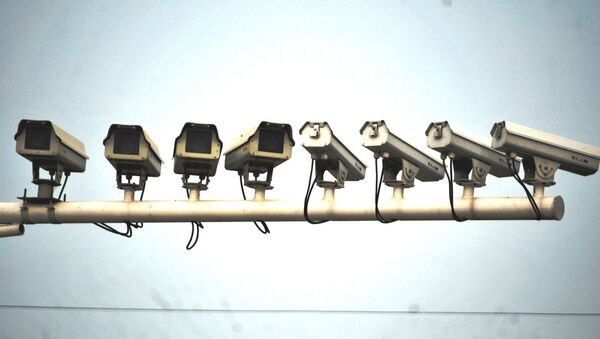Speaking at the GEOINT2018 intelligence conference in Tampa, Florida on Sunday, Meyerriecks said that the CCTV and wireless infrastructure in about 30 countries around the world has now reached a level where counterintelligence services no longer need to physically track CIA assets to get a bead on their location.
The CIA officer mentioned Singapore as one example, but did not elaborate which other countries which have this capability.
Incidentally, Russia's major cities have reached a high level of proficiency in CCTV technology, with Moscow home to a network of some 160,000 cameras connected to a single data storage and processing center. As far as wireless technology goes, the Russian capital has recently been recognized as one of Europe's trailblazing 'smart cities'.
The funny thing about this is A) It's the CIA (thru In-Q-Tel) that has allowed tracking tech to be so prevalent, and B) are careless when integrating themselves into commercial operations. #CIA #surveillance
— The Herald (@Surfer2099) 23 апреля 2018 г.
At the same time, the CIA officer said that the CIA is working to take advantage of these same technologies. This includes a project that takes unclassified overhead and street view cameras and pairs them with machine learning and AI algorithms to build "a map of cameras in one of the big capitals that we don't have easy access to." This, she explained, would help agents find out whether they are being tracked while city CCTV cameras.
The CIA tech official also noted that social media and the digital footprint left by tracking technologies in smartphones and other devices were also problems. These, she said, have forced agents to find ways to trick digital tracking technology by doing things like sending out false location information.
Great Foreword keynote from Dawn Meyerriecks, @CIA. Starting of #GEOINT2018 strong! pic.twitter.com/2q0m8Xj0Vc
— GEOINT Symposium (@GEOINTsymposium) 22 апреля 2018 г.
Earlier this year, fitness bracelet company Strava published data from users wearing its trackers, with foreign intelligence agencies presumably able to pick up on secret US military installations and troop movements in countries like Iraq, Syria, Somalia and elsewhere. The Strava leak was just one of a series of instances where foreign intelligence services have received the opportunity to spy on the US military using technologies like Google Earth, Bing Maps and even geotagged photos snapped by US military personnel.




